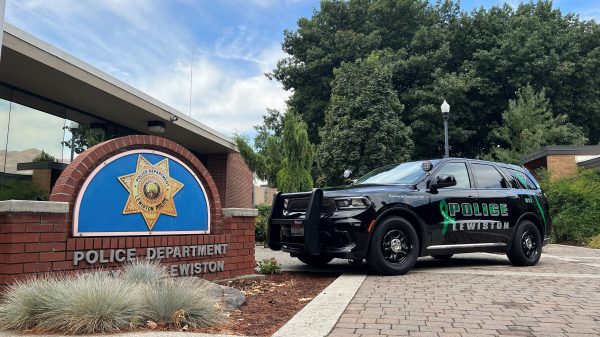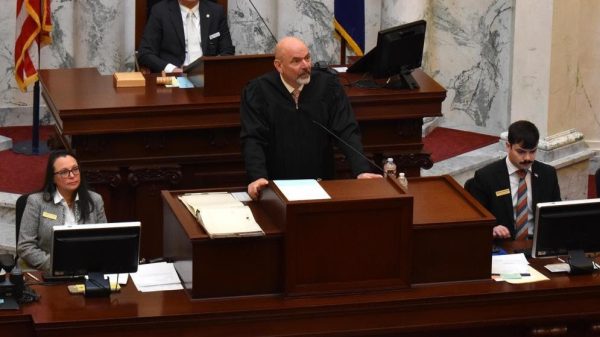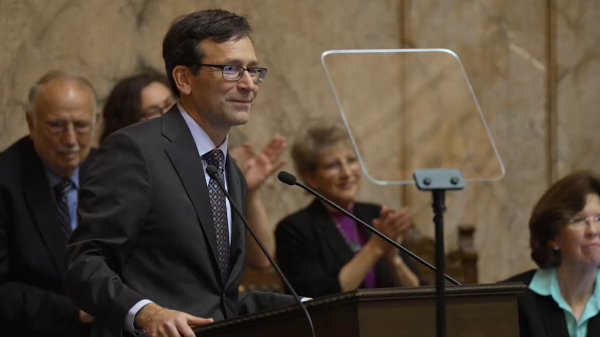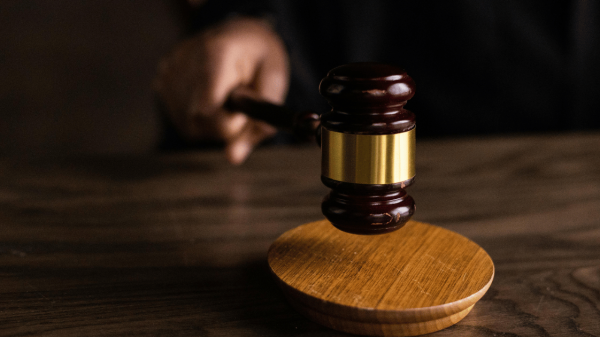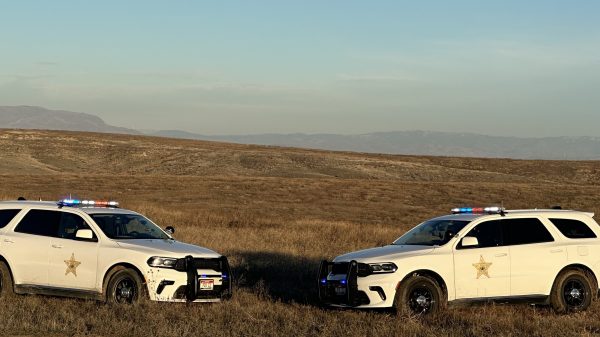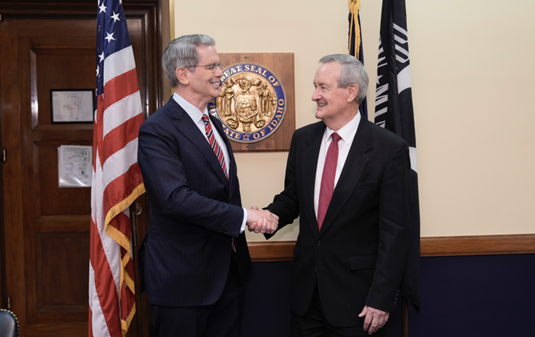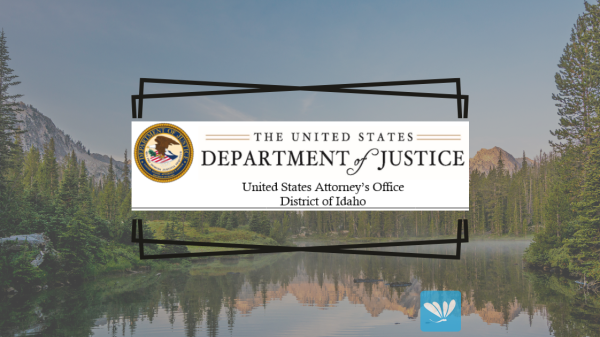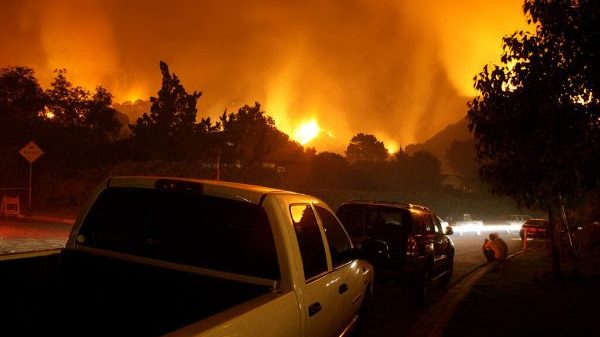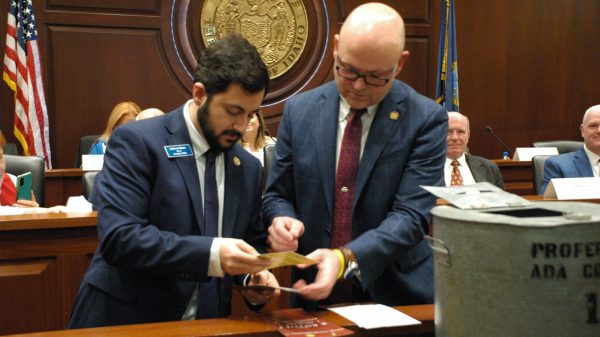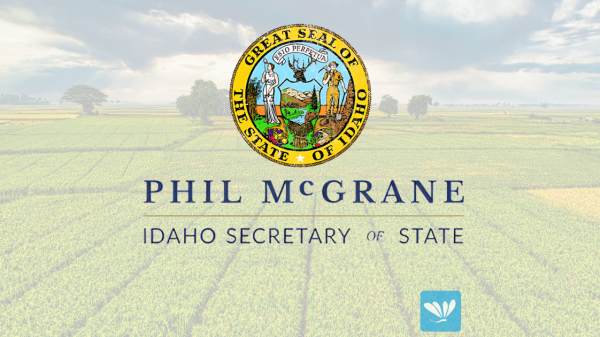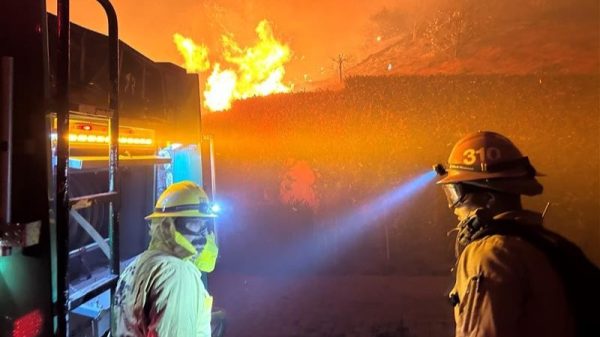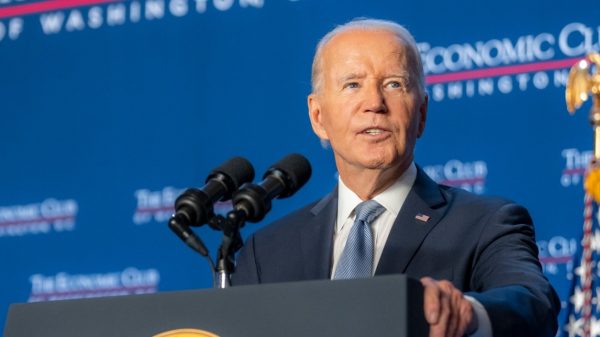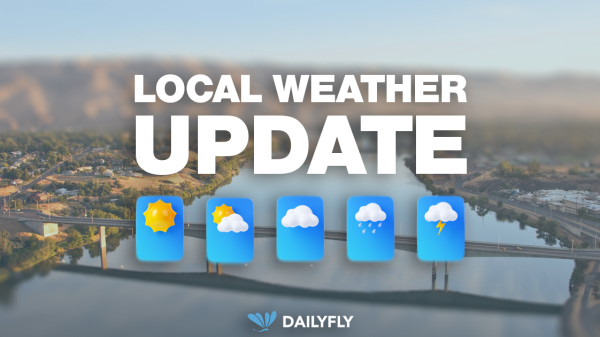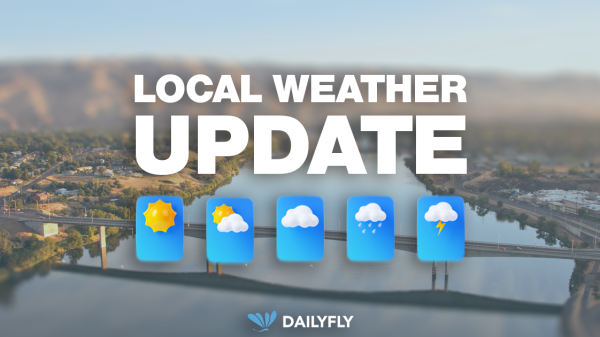(The Center Square) – Two members of Washington state’s congressional delegation – U.S. Rep. Cathy McMorris Rodgers and Sen. Maria Cantwell – have sponsored separate bills that seek to protect existing hydropower resources in the United States and encourage the development of new projects.
House Resolution 4045, the Hydropower Clean Energy Future Act, was introduced in June by McMorris Rodgers, a Spokane Republican representing the 5th Congressional District of eastern Washington and chair of the House Energy and Commerce Committee.
The measure cleared the committee earlier this week and will move to the full House for consideration.
As proposed, the bill would designate electricity produced from hydropower as a renewable energy resource for all federal programs and procurement requirements, set a two-year licensing requirement by the Federal Energy Regulatory Commission for “next-generation” hydropower resources, and promote turbine and generator designs that improve performance while protecting fish and environmental resources.
The bill would extend construction timelines for projects already licensed by FERC but delayed due to the COVID-19 pandemic. The bill also calls for exempting from FERC licensing requirements any small hydro projects posing few environmental impacts and closed-loop pumped storage projects that don’t involve federal land or impounded navigable waters.
There are 19 hydroelectric dams located in eastern Washington. Without them, McMorris Rodgers said in a press release Wednesday, “Our communities would be in serious risk of life-threatening blackouts … these dams are critical to help us reduce carbon emissions without jeopardizing reliability.”
Only 3% of existing dams in the U.S. produce electricity – most are used for irrigation, recreation, flood control and storm water management. But McMorris Rodgers said they offer “untapped potential” for doubling hydropower generation without building a single new dam.
“HR 4045 will help us get there by modernizing the burdensome and outdated licensing process that can take up to a decade to complete and is standing in the way of next generation hydro-technology,” she said. “It is a real, free-market climate solution that will ensure America continues to lead the way on clean, renewable, affordable, and reliable energy for generations to come.”
Similarly, U.S. Sen. Maria Cantwell, D-Wash., and Sen. Steve Daines, R-Mont., in May introduced Senate 1521, the Community and Hydropower Act. Also co-sponsored by Sens. James Risch, R-Idaho, and Ron Wyden, D-Ore., the bipartisan measure seeks to amend the Federal Power Act to modernize and improve licensing of non-federal hydropower projects.
Daines and Cantwell said hydropower accounts for nearly 30% of renewable energy generated in the U.S., but production needs to bolstered.
“Reform is needed to quickly and safely relicense existing hydropower facilities and bring new hydropower projects online to ensure American energy security,” they said in a press release.
As proposed, their bill would expedite environmental reviews and licensing at existing non-powered dams and licensing of closed-loop pumped storage projects – that is, pumping water between storage impounds through hydrogeneration infrastructure to produce electricity. Such a project has been proposed at Grand Coulee Dam on the Columbia River in Washington state.
S 1521 would also increase involvement of Indian tribes in licensing processes and consider adverse effects of dams on fish species. The proposal was last heard on Sept. 21 by the Senate Committee on Energy and Natural Resources.
The Congressional Budget Office has not received a cost estimate for either S 1521 or HR 4045. Both measures have received support from various public utility districts and power associations, among others.
Impacts posed by dams to salmon and other migratory fish has been a contentious issue in Washington, particularly regarding four federal dams on the Lower Snake River. There has been long-standing litigation and a recently disclosed draft mediation proposal by the Biden Administration says removal of the dams remains a consideration to restore fish populations. The proposal is scheduled for presentation to a federal judge on Dec. 15.
McMorris Rodgers and fellow eastern Washington Republican U.S. Rep. Dan Newhouse both say such action would require congressional approval and that the four Snake River dams are vital to the region for carbon-free power production, barge navigation, flood control and irrigation for agriculture.










